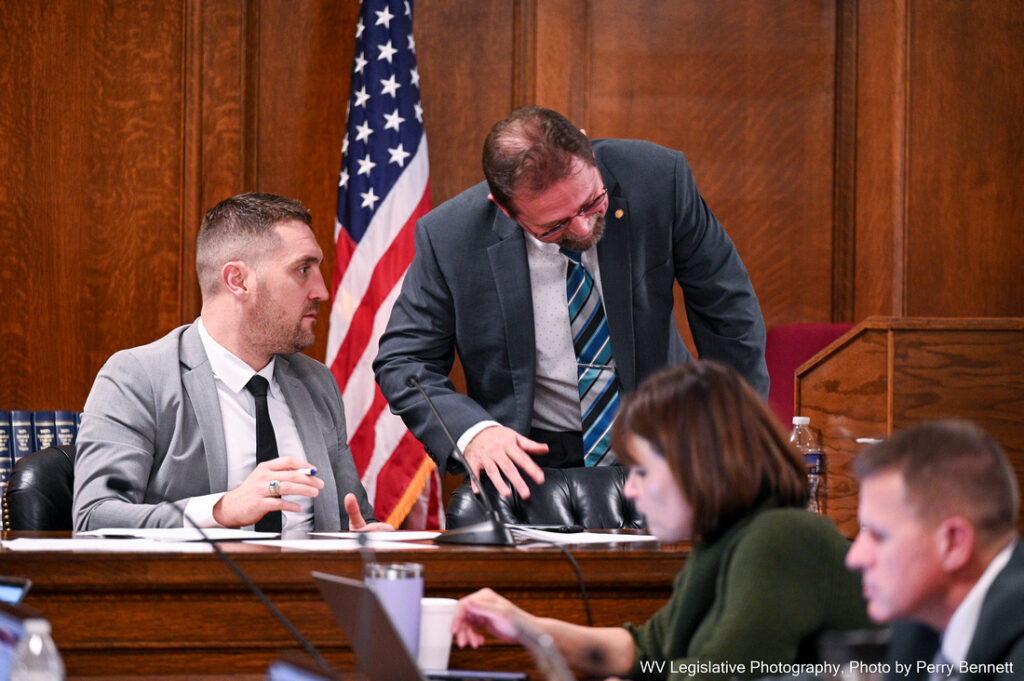A bill in the West Virginia House of Delegates would restrict the state’s financial ties with foreign nations that hold values “antithetical” to its own.
House Bill 4364 would bar the state from contracting goods or services from foreign companies that could benefit the governments of China, Cuba, Iran, Laos, North Korea, Saudi Arabia or Vietnam.
The bill states that restrictions would be imposed upon these nations because they either “align with communist ideology” or have caused “nonmilitary deaths” of U.S. citizens without proper governmental response.
In the bill, lawmakers cited a growing globalized economy as the cause of its creation, stating that “a company may obfuscate the beneficiaries of the proposed commercial activity that are in fact foreign entities.”
At a meeting of the House Committee on Government Organization Monday, some lawmakers expressed concern that the bill could limit the competitiveness of the state economy, or that it could violate preexisting contracts with foreign organizations.
Counsel for the committee said retroactively rescinding agreed upon contracts is often disapproved of by state and federal judiciaries.
Del. Pat McGeehan, R-Hancock, who sponsored the bill, confirmed that the bill would work retroactively, affecting contracts implemented before its passage.
In response, Del. Chris Pritt, R-Kanawha, said that state lawmakers should have authority to interpret whether or not the bill adhered to the state constitution.
“It is up for us to make determinations and give our input in terms of what’s constitutional and what’s not,” he said.
Pritt added that he viewed the pending legislation as a “very, very good bill” that is “perfectly in conformity with the constitution.”
He also said that the bill marked an important step toward protecting the values of the state and country. “There are certain countries that are hostile not only to the interests of West Virginia, but that are hostile to the interests of the United States,” he said.
Ultimately, the committee voted in favor of the bill, recommending that it pass but first be referred to the House Committee on the Judiciary.






















